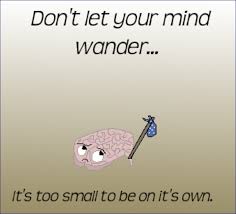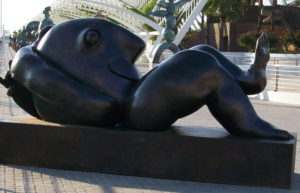Neither you nor I want to be made a fool of. Finding out that you have been a fool is a painful experience. When it happens, there are often many mixed feelings. Some of you may initially feel ashamed, devalued or stupid. But these initial reactions are often quickly covered up by anger.
I mention this in association with affairs since many affairs have someone being made a fool of somewhere along the timeline of its existence. Even old affairs can trigger strong sensations of being made a fool of when your spouse tells you about them. There is not expiration date on the emotional experience of being made a fool of.
When you find out about the affair, or realize what you did that contributed to the affair, the engulfing experience of being made a fool of surrounds you. Like being in deep water, it not only surrounds, but also isolates you from others.
In the case of the affair, even after the initial experience of being made a fool of, any mention of the affair after that triggers a replay of the experience. It is like being caught in a bad movie that you cannot escape.
The experience of being made a fool of often affects you deeply. It is an experience that often triggers other early life traumas. In many cases, the being made a fool of can trigger feelings of shame. You may find yourself thinking something is ‘wrong’ with you simply because someone made a fool of you.
The triggering of these early childhood experiences is “normal” as your brain searches your range of experiences for anything similar so that it can come up with a plan to cope with what just happened.
This complicates things for you when it occurs. You have the recent experience, plus you are emotionally replaying all those unpleasant childhood experiences at the same time. If you had multiple similar traumatic experiences, it may come across as layer upon layer of pain. All those layers of pain may leave you feeling overwhelmed.
Since “being made a fool of” carries a shame factor with it, getting help for what happened may be a struggle. You may be too embarrassed or ashamed of what happened to ask for help. It is a no-win situation of feeling helpless, yet the shame of getting help is also a risk as well. You may find yourself feeling emotionally paralyzed in such circumstances. That often happens.
Being emotionally paralyzed is a painful position to be in. The tension between the desire to improve and the self-condemnation and shame that hold you back put you into a strange ‘no-man’s land’. While in that position, feeling any emotions is painful.
I can assure you that any discomfort from getting help will be far outweighed by the shame of doing nothing. I encourage you to start moving toward help. Staying inert will lead to emotional atrophy.
Best Regards,
Jeff
















